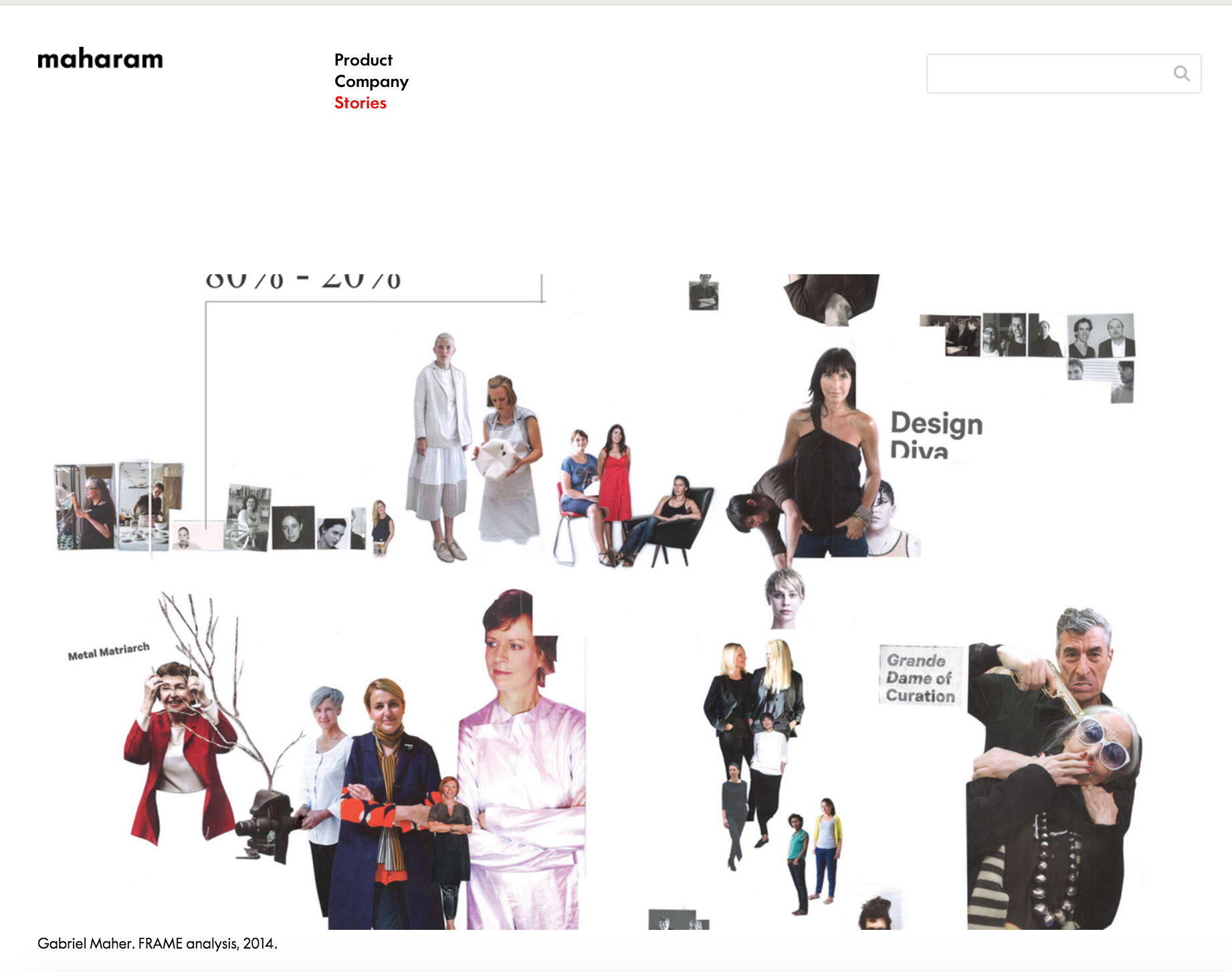Disegno brought together voices from the community to speak about queer spaces and disobedience as practice. The panel consists of scholars, writers, artists, technocrats, performers, designers and educators. As an extension to the book, Queer Spaces: An Atlas of LGBTQIA+ Places and Stories, the following is a record of the discussion that speaks of the qualities of queerness and queer survival.
The panel is:
Adam Nathaniel Furman (they/them) is an artist and designer, and the co-author of Queer Spaces.
Dhiren Borisa (he/him/they) is a poet, activist and queer urban sexual geographer.
Gabriel Maher (they/them) is a designer and co-author of Contentious Cities, Design and the Gendered Production of Space.
Kareem Khubchandani (any pronouns) is a researcher, performance artist and organiser, and author of Ishtyle: Accenting Gay Indian Nightlife.
Katarina Bonnevier (she/her) is a co-founder of architecture studio Mycket and author of Behind Straight Curtains: Towards a Queer Feminist Theory of Architecture.
KNeo Mokgopa (they/them) is an artist, writer and manager of narrative development at the Nelson Mandela Foundation.
Vikramaditya Sahai (they/them) is an academic, activist and artist.
iphi 2019 Evolution / Gabriel A. Maher, Eindhoven
Although usually given to an institution or company for their excellent overall concept, including communications and products, the iphi 2019 in the category Evolution has been presented to a single person who unites all these criteria: Gabriel Maher.
Maher’s concepts show how the binary gender system (female or male) in all fields of design can be overcome through teaching, writing, performances, interventions, etc. (This is also the reason why Maher prefers to use the personal pronouns they/them/theirs.) Gabriel works with many different forms of (re)presentation, thus making an essential contribution to developing and communicating awareness of gender-sensitive design. Gabriel’s projects focus on gender and identity in design by critically analysing human and artificial bodies, the space that surrounds them and the relationships between objects and systems. Object relationships are deconstructed in order to show the ways in which everybody and everything in society is determined by design. Only after we have become aware of this are we able to intervene in order to critically change societal processes and artefacts.
This year’s iphi winners come from Amsterdam, Beirut and San Francisco – three iphi2019 winners, three continents, but one overarching theme: their work represents smart design, free from (or against) stereotypes and it’s for this that they are being recognized. With the 2019 iphiGenia Gender Design Awards, the iGDN as the organizer of the prize has shown the significance of integrating gender issues in design.
hublot The #HublotDesignPrize in figures: 7 promising Designers – 15 countries / 4 continents – A prize of CHF 100,000. Congratulations to the winners @dozie.kanu and @formafantasma !
Thanks to all the candidates @gutorequena@fernandolaposse @jing_jing_jing_jing_jing @tangopapabravo, Gabriel .A. Maher and the jury members @RonanBouroullec #PierreKeller #MarvaGriffinWilshire #LibbySellers.
Words by Hans Ulrich Obrist
Published 2015, in print, Das Magazine
Words by
Madeleine Morley
Published on
January 25th, 2016
Words by Leila Hawkins
Published in NADJA Rethink the News
Gabriel Maher and Frame Magazine
Words by Alice Rawsthorn
published in Kering Magazine














